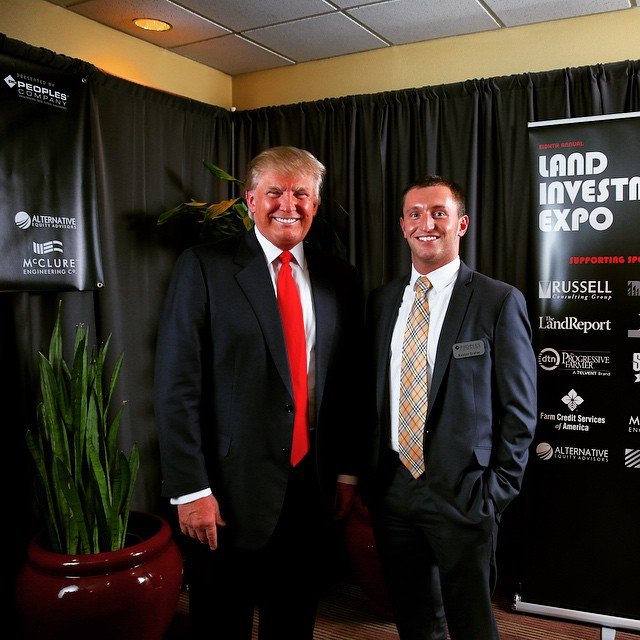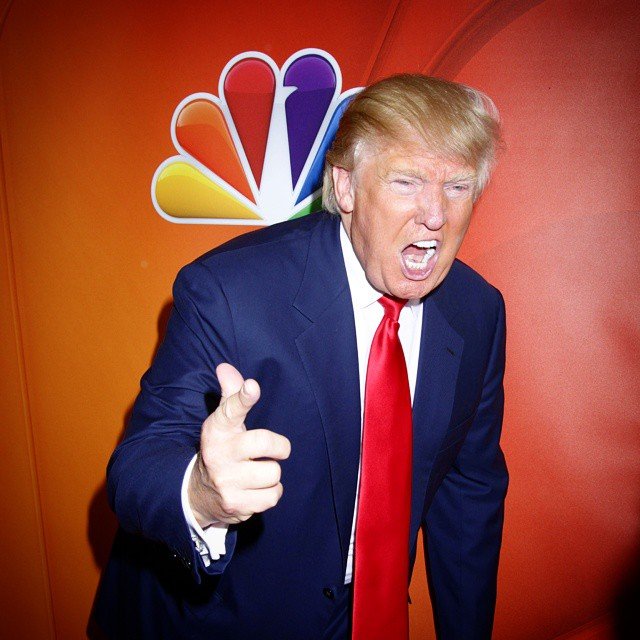Donald Trump, the 45th and current President of the United States, is once again making headlines across the UK. His name has dominated search trends and news feeds, with anticipation building around his unprecedented second state visit to Britain this September. As the UK prepares for this historic event, many are asking what Trump’s return means for British politics, trade, and public opinion.
An Unprecedented Invitation
Buckingham Palace has confirmed that President Trump will visit the UK from 17 to 19 September 2025. King Charles III and Queen Camilla will host Trump and First Lady Melania Trump at Windsor Castle. This marks the first time a US president has been invited for a second state visit, highlighting the significance of the UK-US relationship at this moment in history.
Traditionally, US presidents receive only one state visit during their time in office. Trump’s previous visit in 2019, hosted by the late Queen Elizabeth II, was marked by a grand ceremony and a state banquet at Buckingham Palace. This time, the focus shifts to Windsor Castle, partly due to ongoing refurbishment works at Buckingham Palace and a desire for a more intimate setting.
The Political Backdrop
The invitation was hand-delivered by Prime Minister Keir Starmer during a meeting in the White House earlier this year. Starmer has emphasised the importance of maintaining strong ties with the US, especially as Britain navigates a changing global landscape. The Prime Minister has sought to balance diplomatic relations with Trump while prioritising the UK’s post-Brexit economic interests and its alliance with Europe.
Trump’s second state visit comes at a time of shifting international alliances. The Labour government has recently secured a trade agreement with the US, making Britain the first country to negotiate modifications to Trump’s sweeping tariffs. While the deal brings some relief to UK industries, such as steel and automotive manufacturing, experts have described the benefits as tangible but limited. The agreement is seen as a tactical victory for both nations, providing a foundation for a broader free trade agreement in the future.
Public Reaction and Planned Protests
Trump remains a polarising figure in the UK. His previous visits were met with widespread protests, including the now-iconic “Trump baby blimp” that floated over Parliament Square. In 2018, an estimated 250,000 demonstrators gathered in London, making it one of the largest protests in recent memory. The following year saw similar scenes, though on a smaller scale.
This year, the Stop Trump Coalition has already announced plans for a national demonstration on 17 September. The group’s spokesperson, Seema Syeda, stated that Trump’s “authoritarian politics are not welcome here.” Organisers expect thousands to gather along London’s Embankment and near Windsor Castle, reflecting ongoing concerns about Trump’s rhetoric and policies.
Several MPs and campaigners have voiced opposition to the state visit. Labour MP Kate Osbourne has called for Trump to be barred from addressing Parliament, citing his record on issues such as misogyny, racism, and xenophobia. The timing of Trump’s visit, coinciding with Parliament’s recess, means he is unlikely to address MPs directly.

The State Visit Agenda
While the full itinerary remains under wraps, the visit will centre on diplomatic meetings, ceremonial events, and discussions on trade and security. Trump is expected to meet King Charles III, Queen Camilla, and Prime Minister Starmer. The visit will also provide an opportunity for both nations to reaffirm their commitment to the “special relationship” that has long defined UK-US ties.
Trump has expressed admiration for the royal family, describing King Charles as a “beautiful man, a wonderful man.” He has called the invitation a “great, great honour,” signalling his eagerness to strengthen personal and diplomatic bonds.
Trade, Tariffs, and Economic Impact
One of the most significant developments ahead of Trump’s visit is the recent trade agreement between the UK and the US. Trump’s administration has introduced a raft of tariffs affecting global trade, with the International Monetary Fund estimating these could reduce global growth by 0.5% over the next year. The UK’s deal suspends several of these tariffs, particularly on metals and cars, and is designed to protect British industries while maintaining food safety and animal welfare standards.
Experts from the University of Glasgow and Aston University have noted that, while the agreement is positive, it falls short of a comprehensive free trade deal. The Labour government has prioritised its relationship with the EU, seeking to maintain close ties without rejoining the bloc. The current deal is sector-focused and leaves room for future negotiations on services, technology, and data flows.
UK Public Opinion on Trump
Donald Trump’s popularity in the UK remains low. According to YouGov, only 16% of Britons view him favourably, while 70% hold a negative opinion. His policies on immigration, climate change, and foreign affairs have often clashed with British values and public sentiment.
Despite this, Trump’s influence on global politics and his ability to command attention cannot be ignored. His return to the UK will undoubtedly spark debate, both on the streets and in Parliament. For many, the visit is a test of Britain’s diplomatic agility and its ability to navigate complex international relationships in a rapidly changing world.
Expert Insights: Trump’s Impact on Europe
Trump’s approach to Europe has often been confrontational. Analysts at the European Council on Foreign Relations describe his administration as pursuing an agenda that challenges traditional transatlantic alliances. Trump has criticised European nations for what he perceives as a lack of self-reliance and has imposed tariffs that many see as punitive.
Despite these tensions, the UK has managed to secure a unique position as the first European nation to negotiate tariff reductions with the US under Trump’s new policies. This achievement is seen as a diplomatic win for Prime Minister Starmer, who has worked to ensure Britain’s interests are protected while keeping lines of communication open with Washington.
Conclusion:
Donald Trump’s upcoming state visit is set to reignite debate across the UK. As Britain balances diplomacy, public opinion, and economic interests, the visit will test the strength of the UK-US relationship. Whether it brings new opportunities or fresh challenges, Trump’s presence ensures the world will be watching Britain’s next steps closely.
Read More: King of Spain: Royal Influence, UK Ties, and Modern Monarchy

